RE
RE Intent

At Pinner Wood School, our vision for Religious Education is to promote respect, curiosity, and understanding of diverse beliefs and values within our school community and beyond.
Our RE curriculum follows the Harrow Agreed Syllabus, set by Harrow’s Standing Advisory Council on Religious Education (SACRE). This ensures that all major religions represented in our borough are taught alongside non-religious worldviews such as Humanism.
Religious Education helps children understand different religions and worldviews and engage with them respectfully and thoughtfully.
Pupils explore big questions about life, meaning, right and wrong, and what it means to be human.
Children learn about Christianity and other major religions and worldviews, including those represented locally, such as the Baha’i faith, Buddha Dhamma (the Buddhist religion), Humanism, Islam, Jain Dharma, Judaism, Sanatana Dharma (Hinduism), Sikh Dharm, and Zoroastrianism.
Through Religious Education, children celebrate the diversity of their community, develop respect for their own beliefs and those of others, and understand how beliefs and cultures influence individuals, families, communities, and wider society. This supports children in developing their identity and contributing positively to life in an increasingly diverse world.
Progression in RE

At Pinner Wood, Religious Education is given dedicated focus with a special RE day each half term. Our teaching follows an enquiry-based approach, beginning each topic with a thought-provoking ‘big question’ designed to engage pupils’ curiosity and encourage deep thinking.
From this starting point, a series of carefully planned questions guides children through a clear learning journey, building on their prior knowledge and understanding. These questions are rooted in the core beliefs of Christianity and the other religions outlined in the Harrow Agreed Syllabus.
Pupils document their learning in project books, using a variety of ways to express their understanding—through written work, Oracy, creative projects, and photographs.
As they progress, children delve deeper into spiritual, ethical, moral, and social issues, broadening their awareness of different religions and worldviews across history and cultures.
RE Inclusivity and Wider Opportunities

We also celebrate key religious festivals and create opportunities for children to share and reflect on important events through whole-school and class assemblies.
Visits to places of worship form a vital part of our approach, allowing children to experience religions in a meaningful and hands-on way.
At Pinner Wood, we follow a carefully planned and systematic schedule for these visits, ensuring that as pupils progress through the school, they have the chance to explore places of worship connected to the six major world religions:
Year 1: Church
Year 2: Synagogue
Year 3: Hindu Temple
Year 4: Mosque
Year 5: Gurdwara
Year 6: Buddhist Temple
Learning is further enriched through visits and talks from faith leaders and members of diverse religious communities.
We also follow a calendar of events linked to religions and celebrations of our whole school community including a whole school Iftar dinner, Garba event, Christmas plays, Easter Hunt and Holi colour run.

